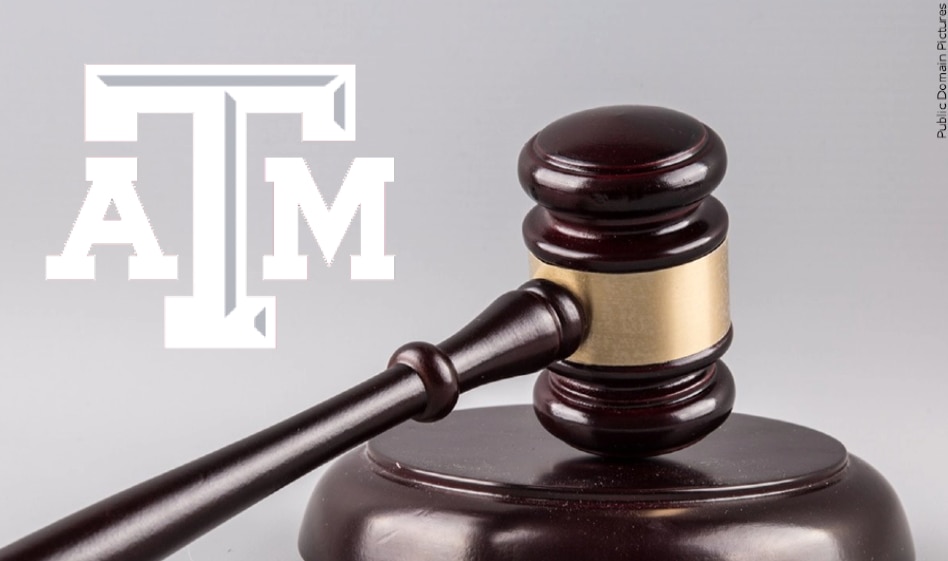Federal judge dismisses discrimination case against Texas A&M
HOUSTON, Texas (KBTX) – On Friday, a federal judge in Houston dismissed a discrimination case against Texas A&M University that was brought by a man who alleged unlawful hiring practices by the university without ever applying for a job.
Richard Lowery, a white male and finance professor from the University of Texas, claimed Texas A&M engaged in unlawful hiring practices “by giving discriminatory preferences to females and non-Asian racial minorities at the expense of white and Asian men.”
Lowery had said he was interested in leaving the University of Texas because “he dislikes its leadership and has been the target of intense criticism for his conservativism.” He added that he believed the Mays Business School at Texas A&M would be a better fit, according to court documents.
Through its lawyers, Texas A&M moved to dismiss the lawsuit because Lowery did not claim an actual legal injury that can support a suit because Lowery never applied for a job at A&M and “disavows any present intention to apply” to do so.
United States District Judge Charles Eskridge granted Texas A&M’s motion to dismiss.
Lowery simply cannot assume that ongoing discrimination exists at A&M, according to the Court’s opinion.
“Otherwise, any putative plaintiff could sue a potential employer without ever applying, simply upon allegation the posited discriminatory practices deterred application,” the Court said.
In granting Texas A&M’s motion to dismiss, the Court also noted several other reasons why Lowery had not alleged an actual injury.
Texas A&M also moved to dismiss Lowery’s suit for related reasons, pointing to recently passed legislation in the Texas Legislature as removing any need for judicial relief, and the Court agreed.
Senate Bill No 17, which was signed into law in June 2023 and takes effect on Jan. 1, 2024, prohibits public universities from giving “‘preference on the basis of race, sex, color, ethnicity, or national origin to an applicant for employment,’” the Court’s opinion noted. The Court also noted a recent Supreme Court case that found race-based university admissions programs are unlawful. The new state law and the court case render the case moot as to alleged past conduct, and the fact that the state law does not take effect until 2024 renders Lowery’s complaints of future conduct not yet ripe. The Court’s opinion closed by noting that, after the state law becomes effective, nothing prevents Lowery from filing suit if he believes that Texas A&M’s hiring practices at that time are unlawful.
Read the Court’s opinion here.







